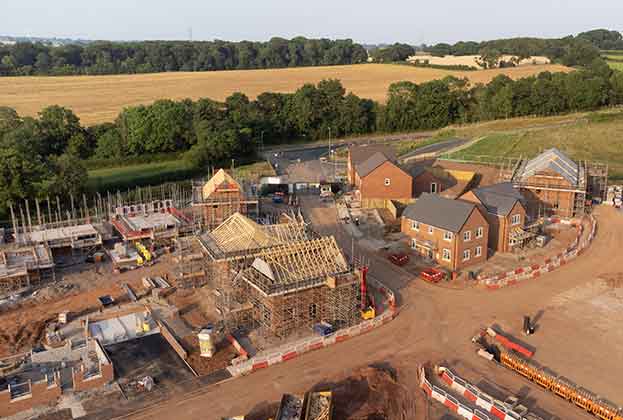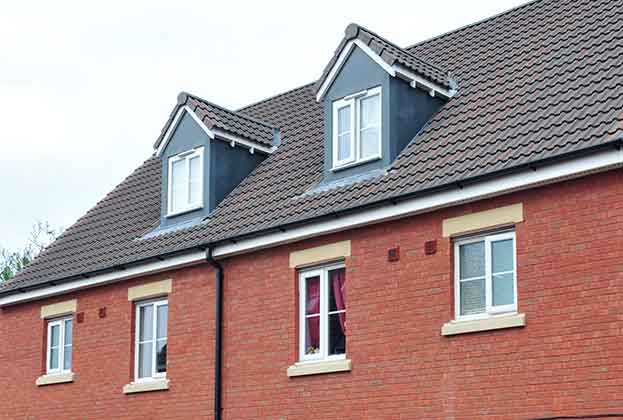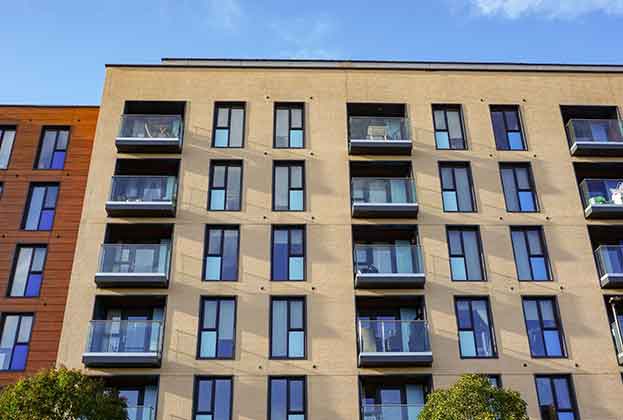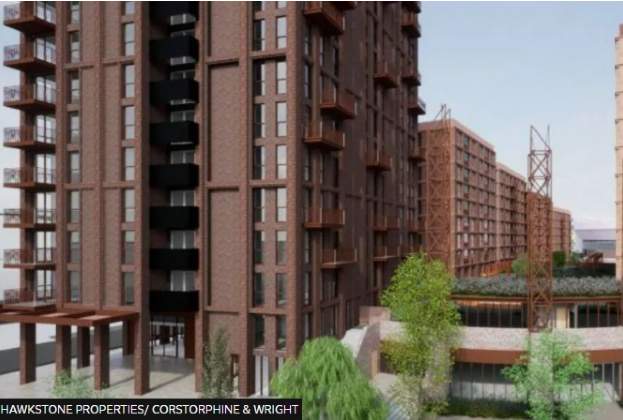The Use Class Order relates to the town and country planning process, grouping property and land into different classes according to function.
Until 1 September 2020, there were four classes, A-D, each containing a number of subgroups. Since then, a significant reform of the Use Class Order has taken place, with the introduction of Classes E, F.1 and F.2. Detail on each Use Class can be found in the Savills Use Class Order Guide.
A change of use within the same class does not constitute development and therefore does not require planning permission.
Not everything is covered by the Use Class Order, with some notable exceptions being theatres, scrap yards, petrol stations and nightclubs. Businesses which sit outside the system are known as ‘sui generis’, Latin for ‘of its own kind’. These may require planning permission for change of use.
It is important to note that the Use Class Order is updated periodically, and it is the responsibility of the governing local authority to determine the class of any individual property within its region.
If you are planning to change the use of a property – for example, from a shop to a flat – you will need to check with your local authority to determine whether planning permission is required.
In many instances, a Change of Use application will need to be submitted in order to gain the necessary permission, although there are exceptions where legislation allows some changes under permitted development rights. Sometimes prior notification will need to be made to the local planning authority to utilise permitted development rights – a purposefully ‘light touch’ application where the principle of development is agreed through permitted development rights.
If an application is required, the local authority will consider any change of use on the basis of providing a suitable balance between residential areas and those already used for business purposes. Business development in residential areas will be assessed to ensure that it will not create a detrimental effect upon the local community.
For example, a business operating late at night, such as a nightclub, may be deemed unsuitable for a residential area due to potential noise disturbances; and an industrial unit within a residential area may be refused permission due to the risk of heavy machinery and traffic using small residential streets.
Further information
Read our guides to Use Class Orders in England, Wales and Scotland
Read more: 'In plain English': property jargon explained by the experts




.jpg)
.jpg)
.jpg)
.jpg)
.jpg)

